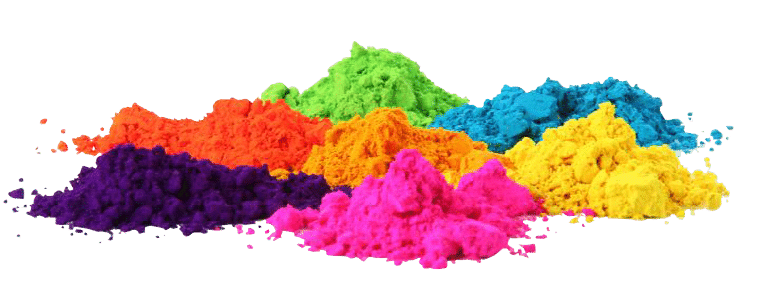INDUSTRIAL POWDER COATING SERVICES
DELIVERING THE MOST DURABLE, SEAMLESS FINISH
POWDER COATING BENEFITS
POWER COATING VS PAINTING?
There’s nothing more turn-key than a part that goes from raw metal to powder finish — and all in one factory.
STEP 1 the component is prepped
To ensure the part is void of any oils and solvents before powder coating, the component is put through a two-part bath — a CrysCoat 747 wash that prepares aluminum, steel and other metals for powder coating, followed by a water bath to thoroughly rinse the part. The component is then dried in the oven before moving to powder coating.
STEP 2 POWDER COATING BEGINS
Super Vac’s powder coating bay features two booths — one dedicated to Hammer Tone Red (a customer-favorite color) and another offering an array of powder coat color options. An electrostatic charge passes through the spray gun, attracting the powder to the grounded part for a uniform finish.
STEP 3 THE powder coat IS CURED
Once powder coated, the component is then cured at 350°F for 15 minutes or longer, depending on the metal and coating thickness. This step turns dry powder into a seamless film with heat. Once the part has cured, it cools and then can be readied for shipping or assembly.
POWDER COATING RESIN OPTIONS

POLYESTER POWDER COATING
Super Vac offers a polyester-based powder, ideal for exterior exposure and UV resistance. Polyester powders also can be cured at lower temperatures, which is better for sensitive components. Additionally, polyester resins are available in an enormous range of colors and gloss finishes, including high gloss. Polyester is the common first choice in powder coating.
EPOXY POWDER COATING
For arguably one of the best chemical- and corrosion-resistant powders, customers can opt for epoxy powder coating. Epoxies adhere well to pre-treated components, including sandblasted and phosphate-coated metals; however, it’s important to note these powders don’t weather well, resulting in fading and chalking in the sun, making this resin ideal for indoor applications.
ACRYLIC POWDER COATING
Acrylic resins are typically used in the automotive industry, creating a smooth clear-coat, chip-resistant finish. Acrylic resins can be used as an additive to polyester resins to improve coating flow and chemical resistance. Like polyester resins, acrylic powder coating offers good weather resistance.
